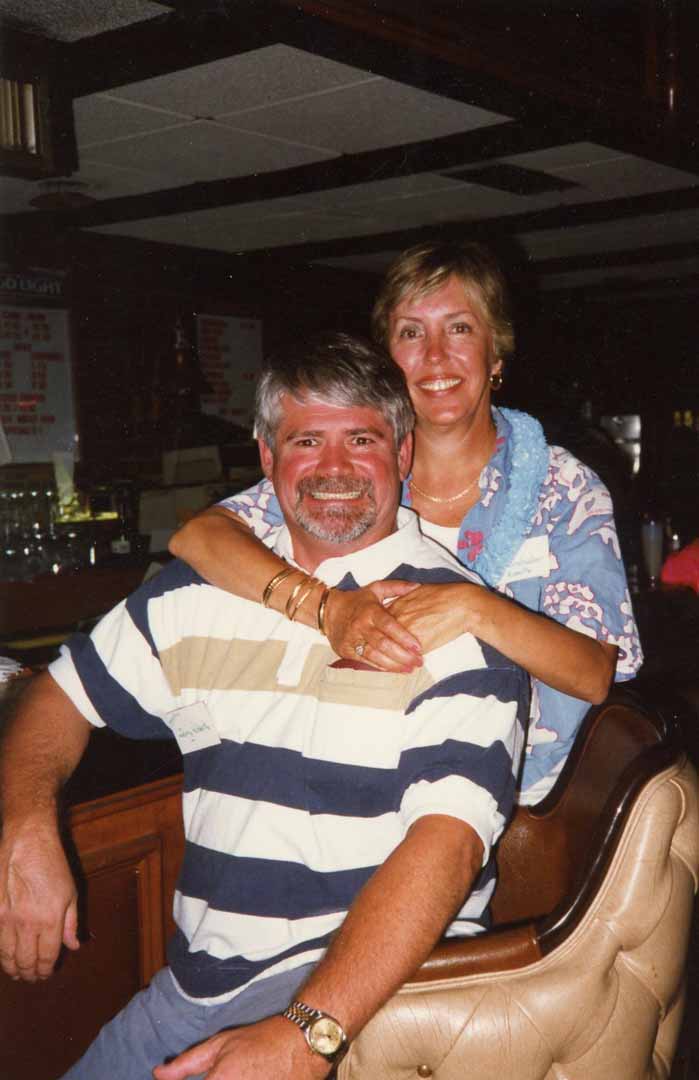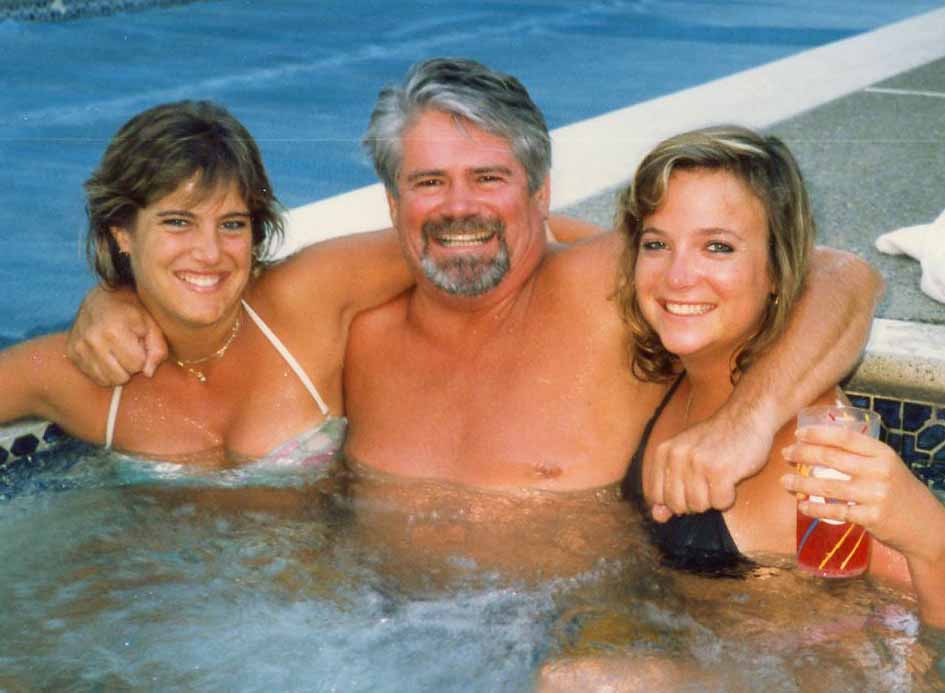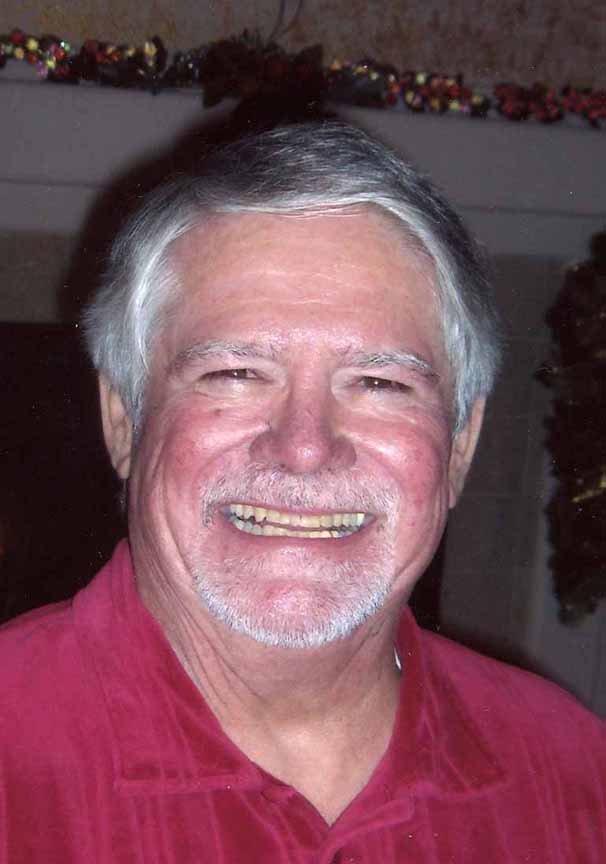
“Handsome, athletic, the life of the party.” This is how friends described Coronado’s Jerry Roberts.
His life, despite near-death battles with polio as a young adult, and the challenges that faced he and his family every day until his death 50 years later, was spectacular in how he lived it.
He refused to give up, choosing instead to boldly charge forward regardless of his physical burdens and how those burdens impacted those around him. His motto was, “Every day is a plus.” Jerry had been in horrific pain for 50 years, but will always be remembered for the brave manner in which he dealt with his disease.
Jerry Roberts died December 23 of complications from his lifelong battle with polio. He was 78.
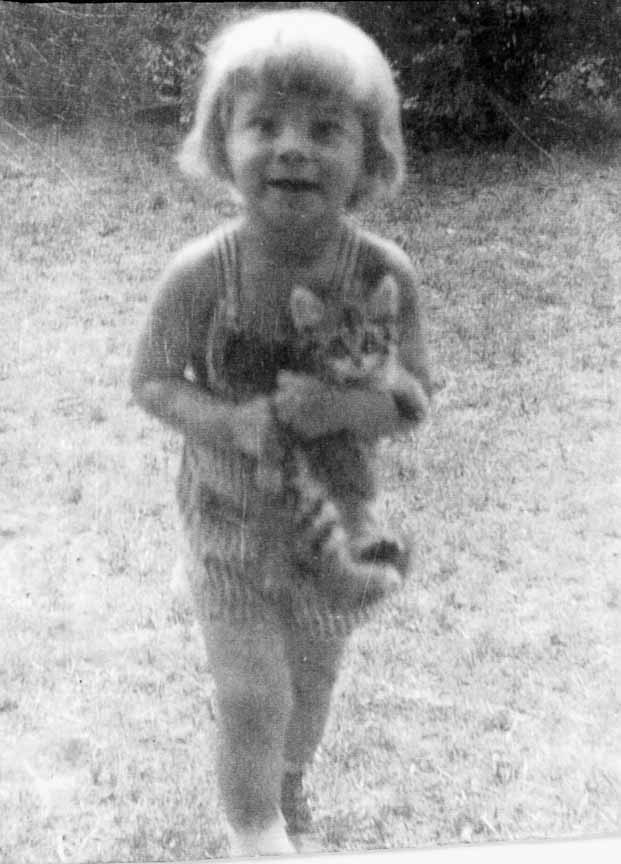
One of three children born to Rodney and Emilyn Roberts, Jeremy Sheldon Roberts entered this life August 18, 1938. He was born in Lincoln, Nebraska. His parents were both educators, hailing from a long farming heritage.
His mother’s family emigrated here from Gothenburg, Sweden as one of a very large family. All were extremely well educated. One of them, Jerry’s Aunt, was Dr. Rose G. Anderson, who co-wrote the Kuhlmann-Anderson IQ test in 1927, which is still used in public and private schools to this day.
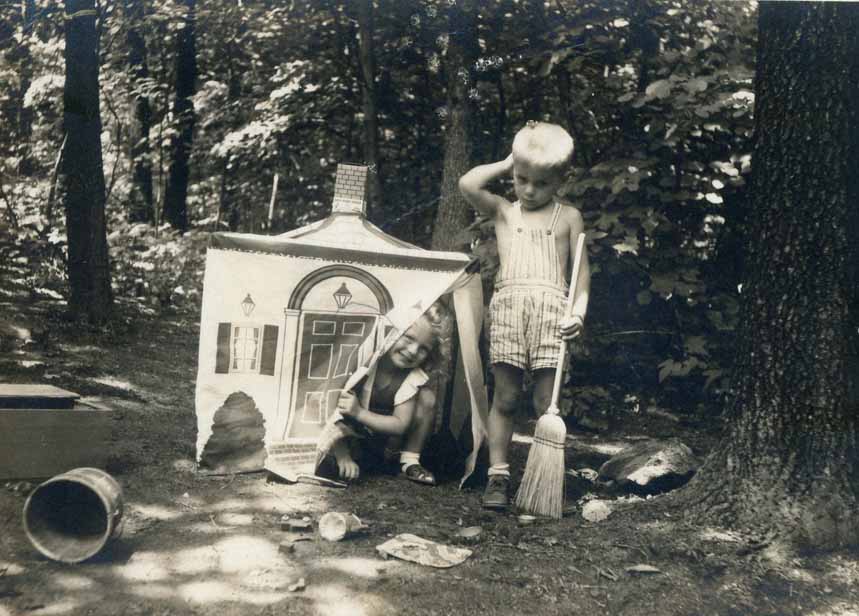
Jerry, as his friends knew him, attended Coronado’s elementary school, middle school and high school, where he was a longboard surfer, waterman, volleyball player and golfer. In high school he was a popular student, excelling in math and lettering in track and football (Class of 1956).
As a teenager growing up in Coronado, Jerry got into his fair share of trouble. He was very popular, and, along with his friends, was always on the cutting edge of fun. Jerry’s blue Jeepster convertible was a familiar sight in Coronado, and a regular at Oscar’s Drive-In. In Mexico, where he and his friends visited regularly, places like Hussongs, the Long Bar and the bullfights were their favorite haunts.
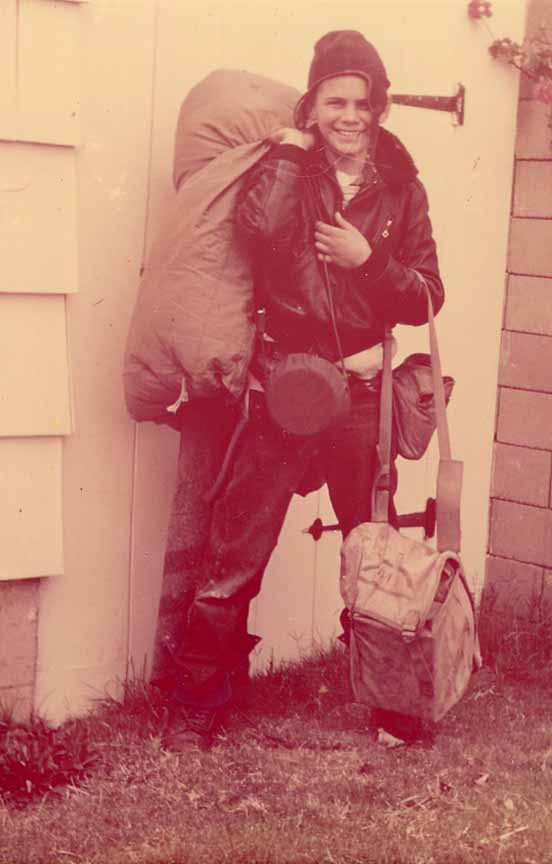
They knew the border towns inside and out. Coming home from Tijuana, Jerry and his friends (classmates at California Maritime Academy from Coronado) frequently smuggled rum across the border hidden in the Jeepsters engine compartment. They would take the contraband rum back to the campus and sell it for twice what they paid to the other cadets. It became quite a side business for them.
His passion was music, and he frequently got lost with friends in lengthy parties where jazz, Frank Sinatra and the Kingston Trio played on the turntable all night long.

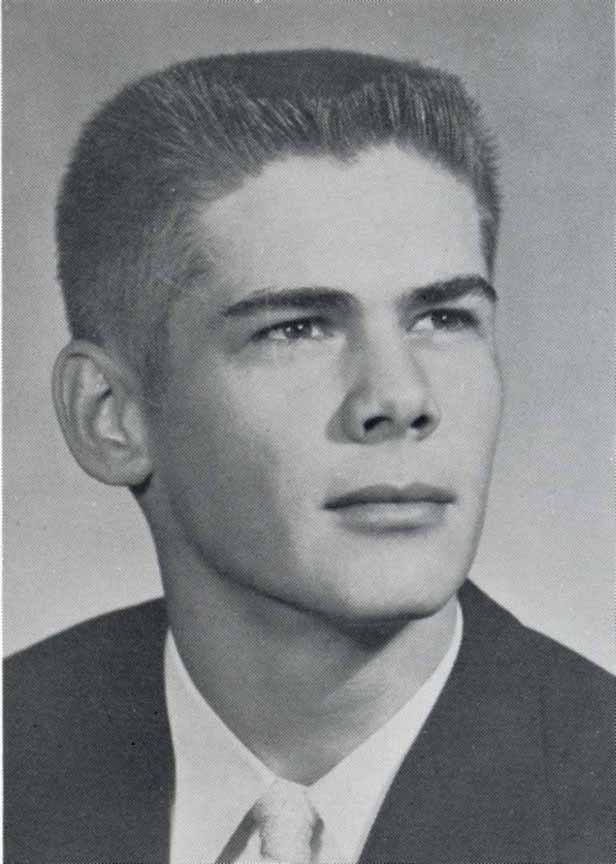
After high school Jerry attended the California Maritime Academy, studying maritime engineering and logging sea hours aboard the academy’s ship, the Golden Bear.
Jerry loved the sea. He graduated from CMA in 1960 with a B.S. in engineering at the rank of third engineer and then spent several years aboard a variety of ships.
He served in the U.S. Merchant Marine for seven years as first engineer, before being offered the rank of lieutenant junior grade in the U.S. Naval Reserve, which he accepted.
In 1966, at the age of 28, Jerry was diagnosed with polio. Although Dr. Jonas Salk introduced a cure for the virus in 1955, and incidences of polio in the U.S. had fallen by nearly 90%, Jerry became one of only two polio victims in the state of California.
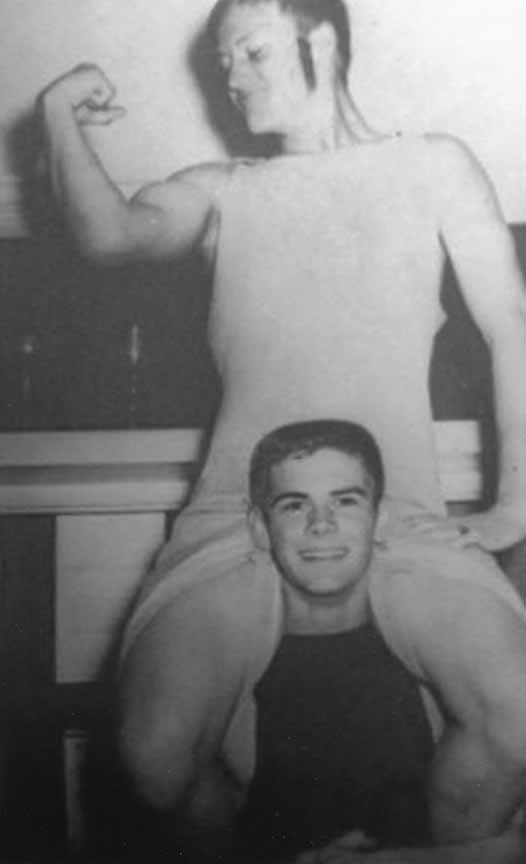
The disease attacked his nervous system and left him without full use of his legs. “It all happened so fast,” remembered his wife, Ky Winchester-Roberts (a third generation Coronadan). “He went from being this amazing athlete one day, to being crippled the next. It was a devastating blow to Jerry, as well as to his family and friends.”
At the time, the young couple was living in a tree house in Marin County, and Ky was eight months pregnant with their first child. They had attended the restaurant opening of a close friend one night, when Jerry started complaining of severe headaches and pain in his hands. By the middle of the night he couldn’t stand up. The paralysis had quickly traveled all the way up to his neck.
Jerry was rushed to the hospital. Because of the rarity of the disease (since Salk’s vaccine a decade earlier), doctors from around the country flew in to examine the case.
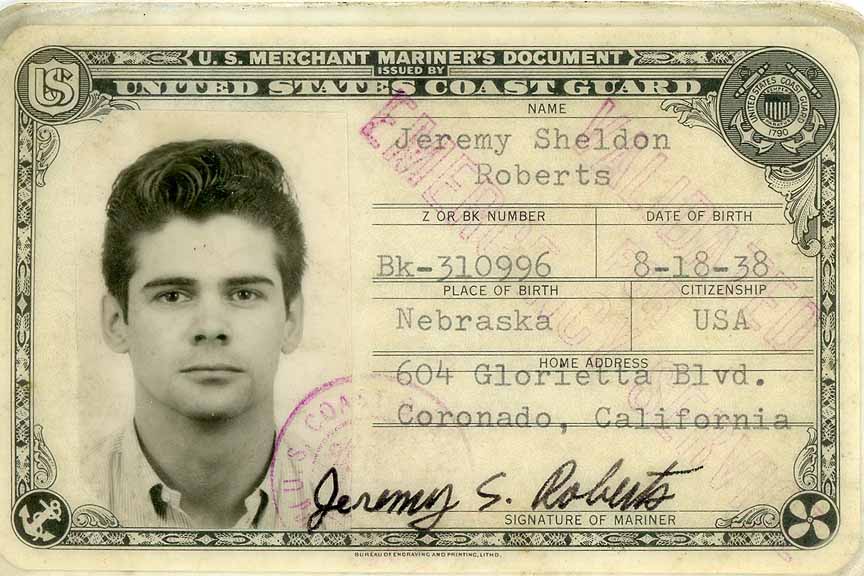
After months of therapy and adjustment to these new limitations, Jerry accepted a teaching position as department head at Calhoon MEBA, in Baltimore, which holds the distinction of being the first national maritime training program designed by Union and industry. Ky and their first child joined him there, where they made a new home.
Being wheelchair bound, he couldn’t climb stairs to even get onboard the airplane. With the aid of a leg brace he slowly managed the difficult climb, one painful step at a time, as family and friends watched on tearfully from afar.
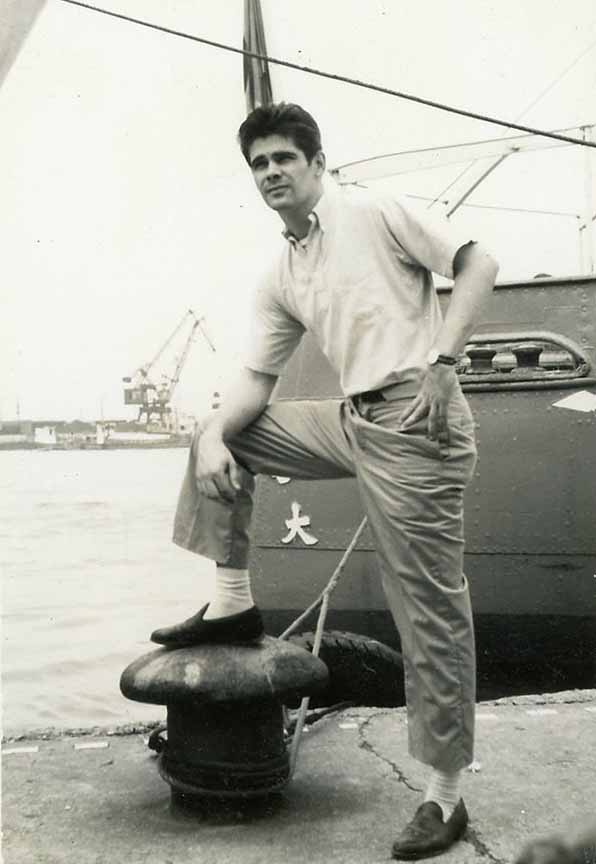
He worked in Baltimore for three years, from 1967-1970. With the help of strenuous physical therapy Jerry was able to get around with the aid of leg braces and crutches.
Even with all this “baggage,” there was no keeping him down. You can take the boy out of Coronado, as has been said before; but you can never take Coronado out of the boy. Jerry loved to party and despite his physical limitations his spirit was indomitable.
He would later invent a dance on crutches that became the rage among his friends. He called it the “Polio Polka.”
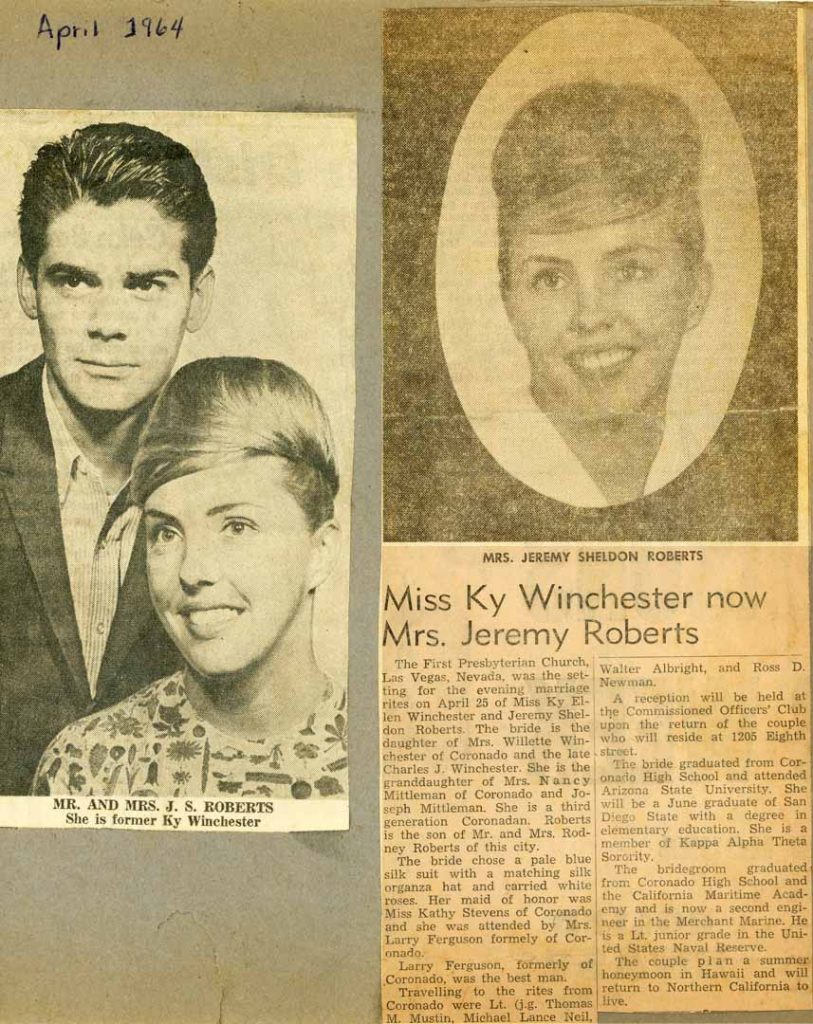
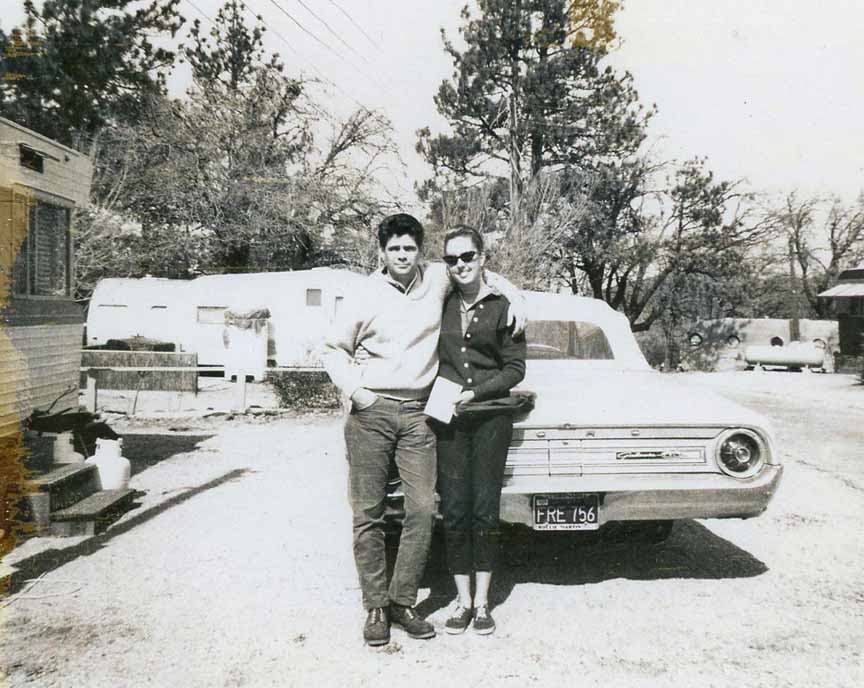
There was nothing Jerry could do but live with the pain, and, over the years, his pain tolerance became extremely high. It wasn’t something he discussed or shared with his friends. As far as he was concerned, it was his pain and his pain only.
Unfortunately, his doctors advised him to exercise. Only years later did they realize the exact opposite was true. While other, smaller injuries to his body occurred, one requiring shoulder surgery, he soldiered on.
“His limitations never limited his destiny,” said his wife Ky. “They never dampened his spirit. He maintained a good heart and a sense of humor until the very end.”
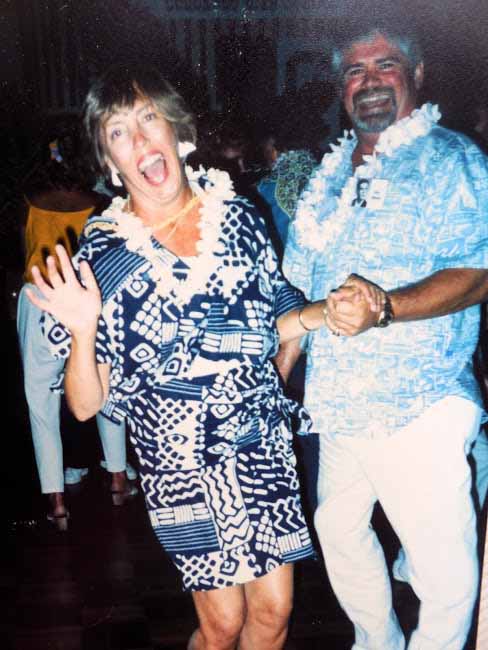
Jerry wanted desperately to get back to the sea, and if he couldn’t physically go to sea, he wanted to work in a job around it. In 1970 he began what would be a series of jobs for various maritime businesses in the San Francisco Bay area.
Primarily his work involved making sure cargo was received and documented for companies such as Chevron, Matson and Crowley (including the latter’s legendary fleet of Red Stack tugs).
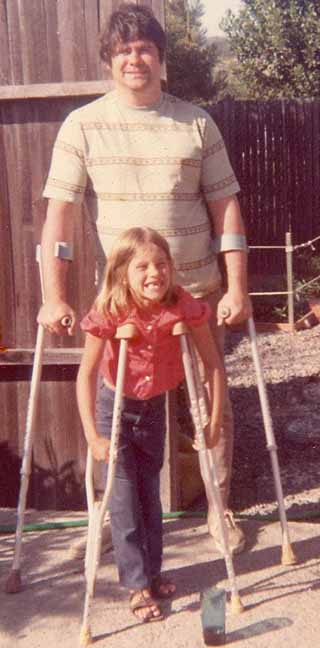
Jerry was literally in control of all shipping logistics, making sure the right people knew when ships came in, what the cargo or inventory was coming off, or going on; what time they departed and their destination.
Prior to his creating this service, ships maintained poorly kept written records. Many of those were unreadable and incomplete. With the aid of computers, Jerry’s company took this inventory process to an entirely new level of competence.
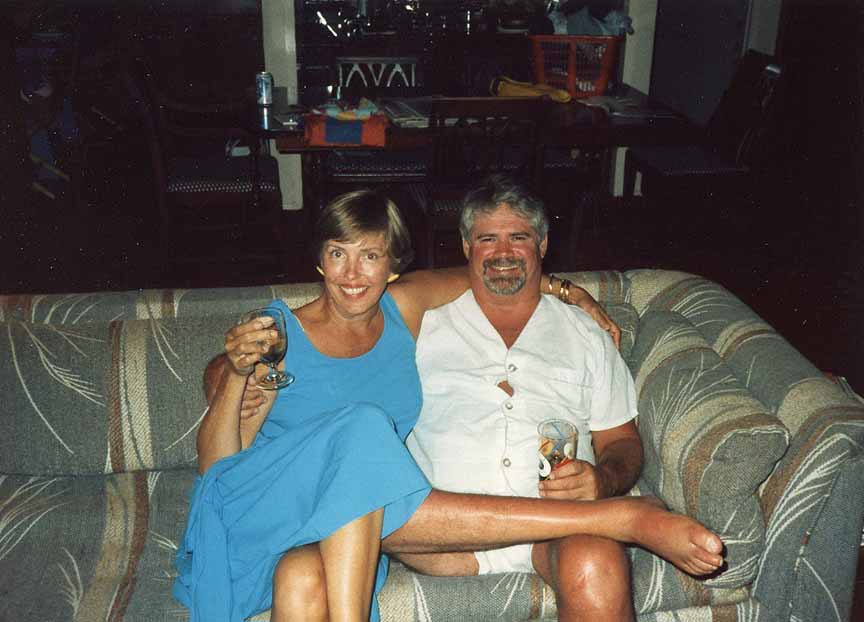
All of this led to he and Ky starting Jeremy Roberts Inc., Inventory Services. In this business Jerry was responsible for inventorying every part on board commercial shipping. The purpose of this was so that if something broke down at sea, the chief engineer could re-direct the ship to the closest port for that part, or a replacement if the parts were not on board.
Jerry inventoried everything, from bolts and screws to massive engines and propellers. This form of total inventory allowed him to be incredibly efficient, and therefore extremely valuable to commercial shipping companies. He not only found replacement parts quickly, but he could find new homes for used equipment, if appropriate. Jerry became the man behind the curtain for American merchant shipping.
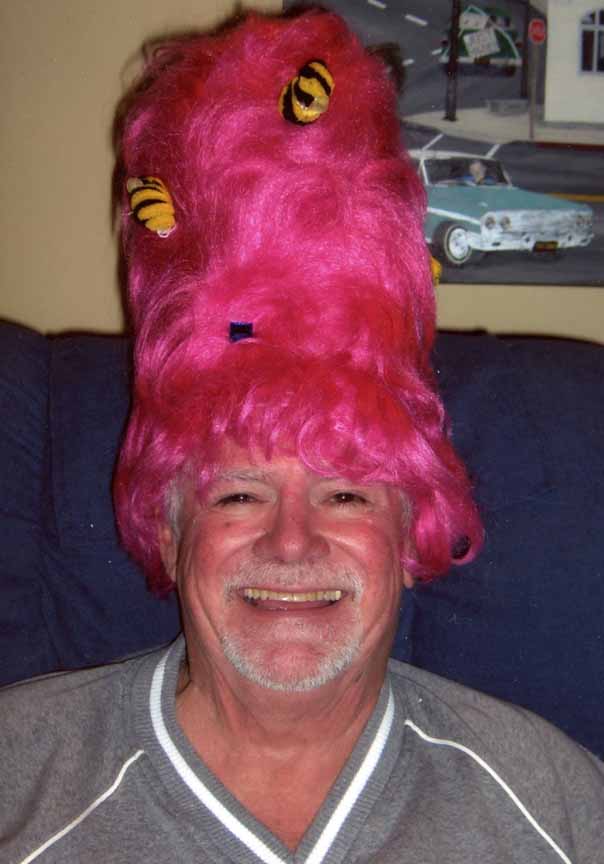
“Jerry was special to me and was kind of like the rough and tumble uncle that I never had,” said Bill Andrew, who worked with Jerry and was a close friend of the family. “He always had a joke or a sea story, yet was always kind of the bad boy. He taught me how to drink, how to play liars dice, how to deal with adversity, and many other life lessons that have stayed with me.
“I never thought of him as crippled because he didn’t think of himself as crippled, he just walked funny. He was more alive than most people that have full use of their arms and legs,” said Andrew.
Jerry Roberts was a member of the Marine Engineers’ Beneficial Association (M.E.B.A.) — the nation’s oldest maritime labor union (est. 1875).
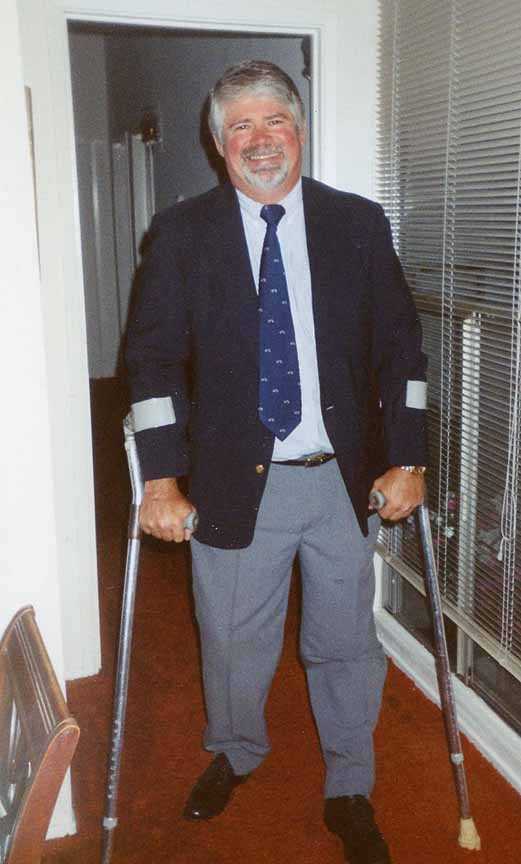
He was also a member of The Ancient and Honorable Order of E Clampus Vitus (ECV) — a fraternal organization dedicated to the study and preservation of the heritage of the American West.
He supported Coronado Rotary’s “End Polio Now” program, and donated generously to disabled veteran causes around the world. He was also a member of the Coronado Yacht Club.
There is no public celebration of life scheduled. His ashes will be spread at sea by family and friends, as well as in the water off of the strip of beach between the Hotel del Coronado and the Coronado Shores.
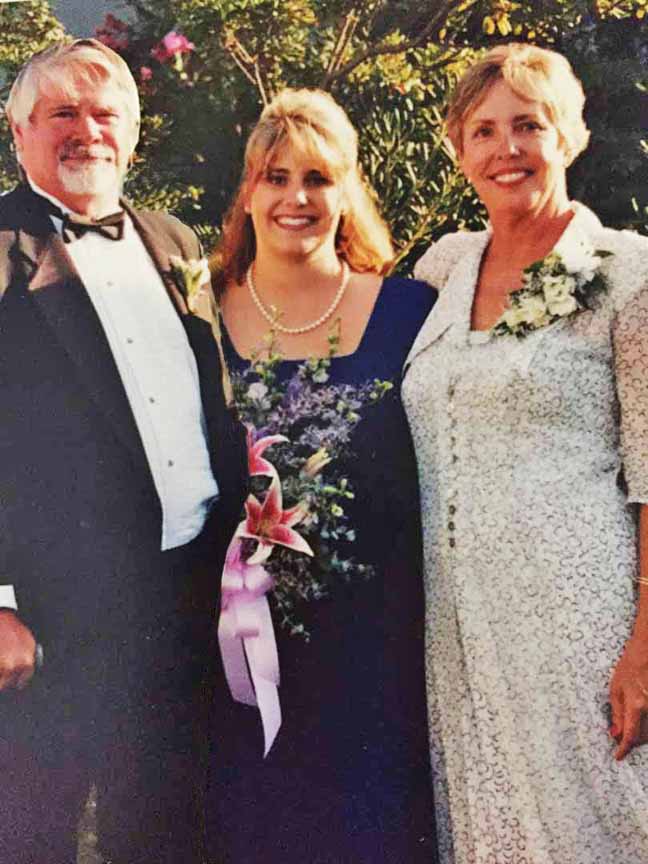
In lieu of flowers, the family asks that donations be made, “In Memory of Jerry Roberts,” to End Polio Now, c/o Rotary Club of Coronado (PO Box 180487, Coronado, CA 92178).
Jerry is survived by his wife of 52 years, Ky Winchester-Roberts. Two children survive him as well; Joslyn Roberts of Truckee, California; and Justin Simpson of Riverhead, New Zealand.
Also surviving him are granddaughters Andrea Rodriguez and Zoe Rodriguez, both of Truckee, and grandchildren Charlotte Simpson and Logan Simpson of New Zealand.
